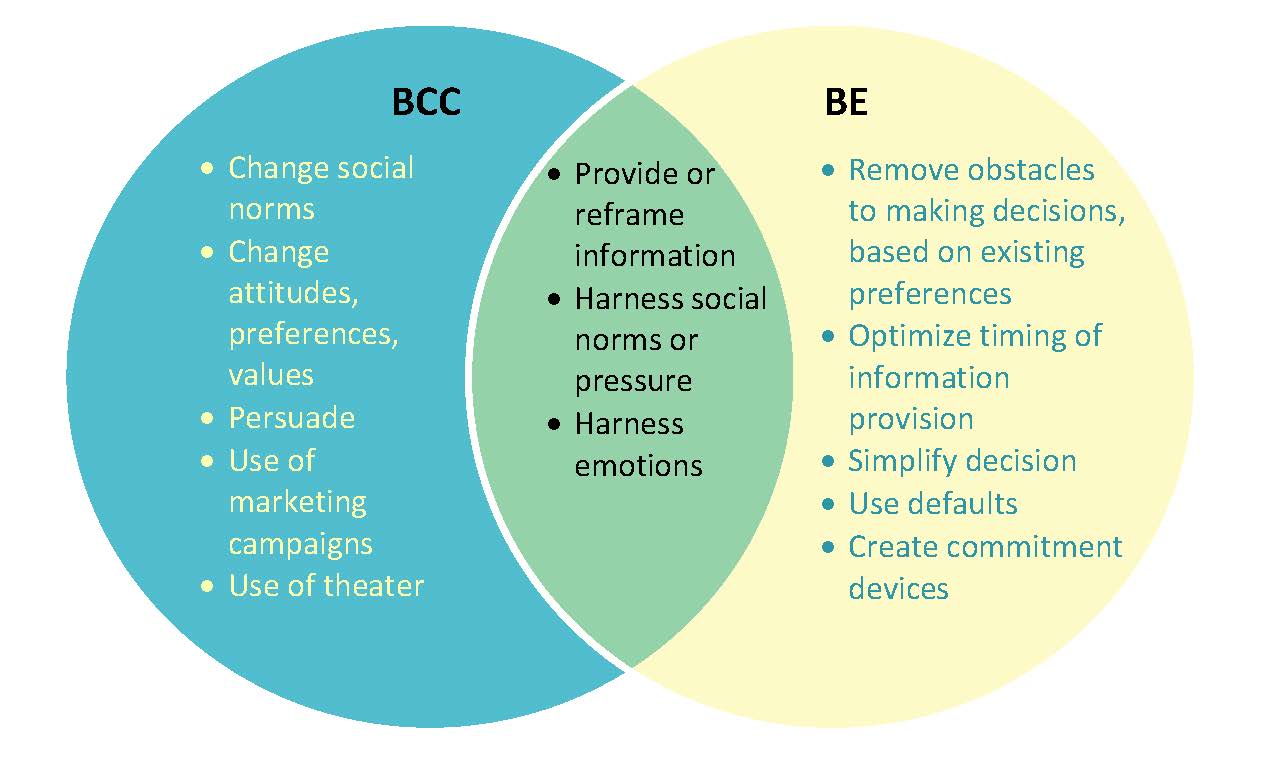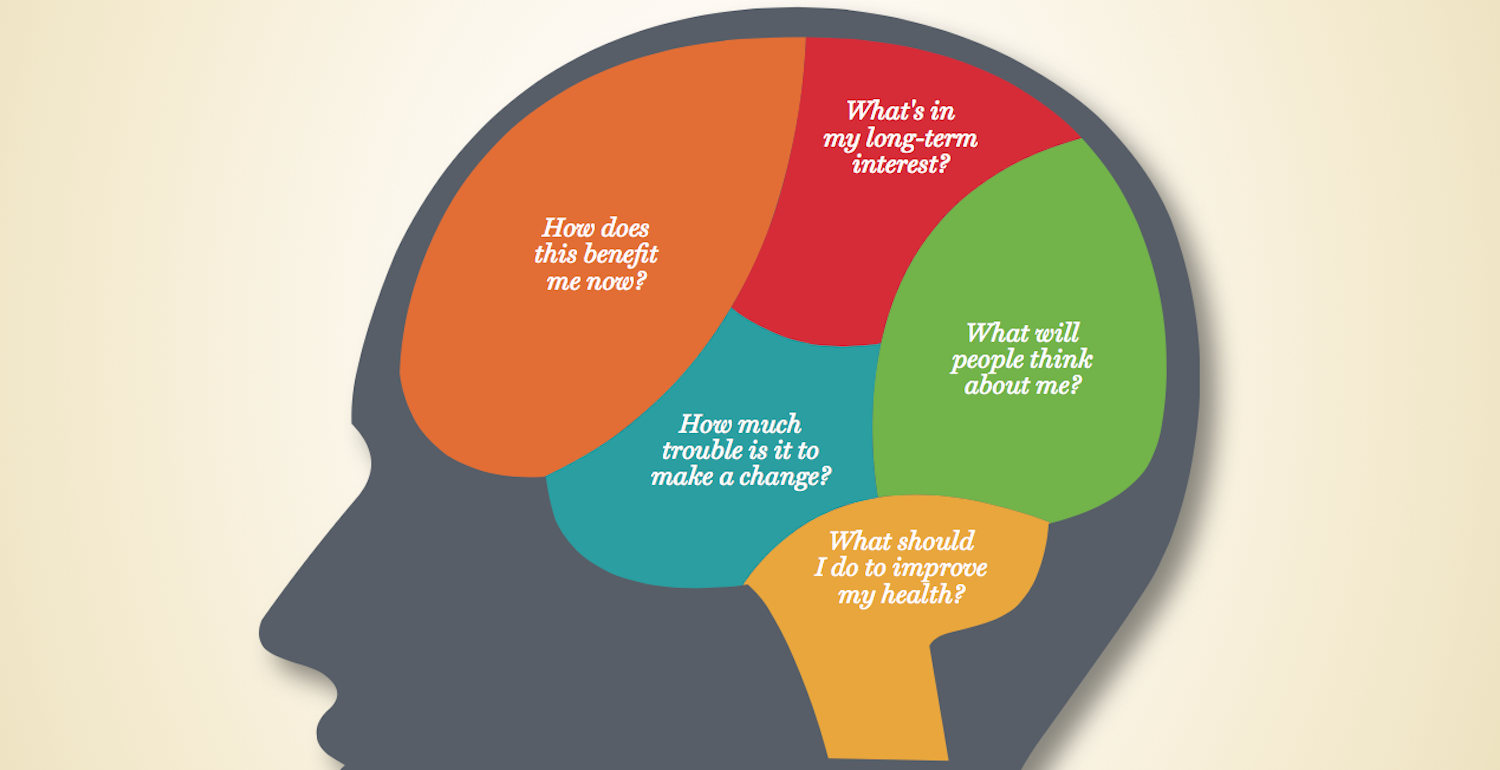-
Gallery of Images:

-
Applying and advancing behavioral economics in emerging markets. Particular focus on Africa, scarcity, and the psychology of poverty. From loss aversion to status quo bias: People make simple and predictable mistakes. THE BLOG: Ask Ariely: On Green Groceries, Party Presents, and Reluctant Reviews. Heres my QA column from the WSJ this week and if you have any questions for me, you can tweet them to @danariely with the hashtag# askariely, post a comment on my Ask Ariely Facebook page, or email them to AskAriely@wsj. This is a contributed article by my colleague, Mukul Patki. Mukul has 10 years of experience in Analytics and is one of Aryng's instructor. Power Of Free: Can reducing the price of two. Behavioral economics provides an empirically informed perspective on how individuals make decisions, including the important realization that even subtle features of the environment can have meaningful impacts on behavior. This book is an intellectual autobiography written by Nobel laureate Richard Thaler. The book provides a glimpse at one of the most interesting intellectual battles within the field of economics: a battle between the reductionist and rationalist camp (which has confounded the normative and the descriptive value of its theories), and the empiricist and skeptical camp (which parted away with. The Russell Sage Foundation offers small grants to support high quality research in behavioral economics and to encourage young investigators (Ph. students and recent graduates) to. Two Harvard professors explain how behavioral economics can help people overcome bad habits and change for the better. is the official home of the Behavioral Economics Guide. The latest edition includes an introduction by Robert Cialdini, a guest editorial by Robert Metcalfe, and contributions by leading practitioners from five continents. Rising obesity rates among children have led many to lay the blame for this situation at the feet of the school lunch program. Local school lunch administrators experience tremendous pressure from parents and activists to drop higher calorie items from the menu. 2 Behavioral economics can be defined as the study of natural limits on computation, willpower and selfinterest, and the implications of those limits for Misbehaving: The Making of Behavioral Economics Kindle edition by Richard H. Download it once and read it on your Kindle device, PC, phones or tablets. Use features like bookmarks, note taking and highlighting while reading Misbehaving: The Making of Behavioral Economics. When faced with a decision, we all believe we're weighing the facts objectively and making rational, thoughtful decisions. In fact, science tells us that in situations requiring careful judgment. Behavioral Economics is the study of psychology as it relates to the economic decisionmaking processes of individuals and institutions. The two most important questions in this field are. The 3 pounds of jelly in our skulls allow us to reflect on our own consciousness and to make counterintuitive, irrational decisions. Behavioral economics is a field of inquiry that uses principles of economics and psychology to understand how individuals make decisions and uses those insights to try to help people make choices that are consistent with their own longterm interests. About fifteen Economics departments claim to be top ten in the world. In that elite group, we're the new kids. We started in 1964 by building one of the very best research departments in econometrics (two Nobel prize winners) and economic theory. Professor Michael Woodfords Cognitive and Behavioral Economics Initiative is one of several faculty led research initiatives. A short primer on core ideas from behavioral economics. By Alain Samson, PhD, editor of the BE Guide and founder of the BE Group. Behavioral economics studies the effects of psychological, cognitive, emotional, cultural and social factors on the economic decisions of individuals and institutions and how those decisions vary from those implied by classical theory. Behavioral economics is primarily concerned with the bounds of rationality of economic agents. Behavioral models typically integrate insights from psychology. We use behavioral economics and psychology to build evidencebased policy recommendations. We use a combination of field experiments and data analytics to explore topics such as health, labor, crime, household finance, and happiness. Behavioral economics is changing our understanding of how economic policy operates, including tax policy. In this paper, we consider some implications of behavioral economics for tax policy, such as how it changes our understanding of the welfare consequences of taxation, the relative desirability.
-
Related Images:











